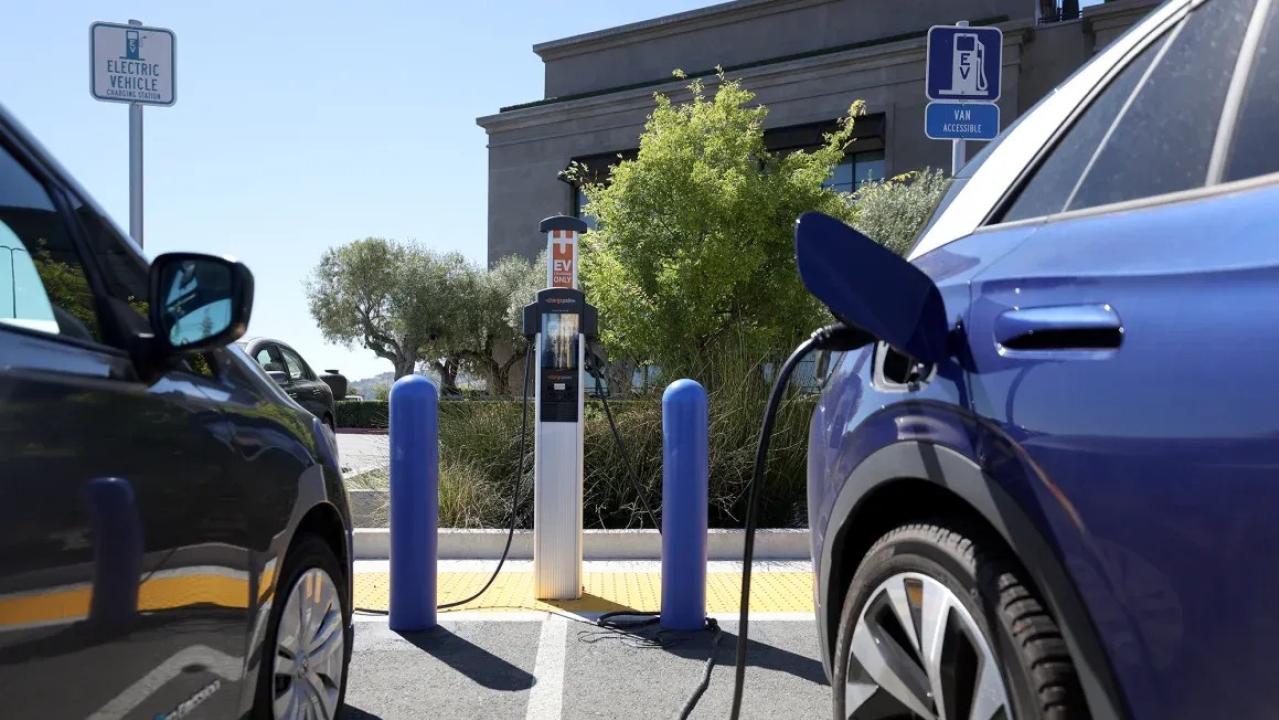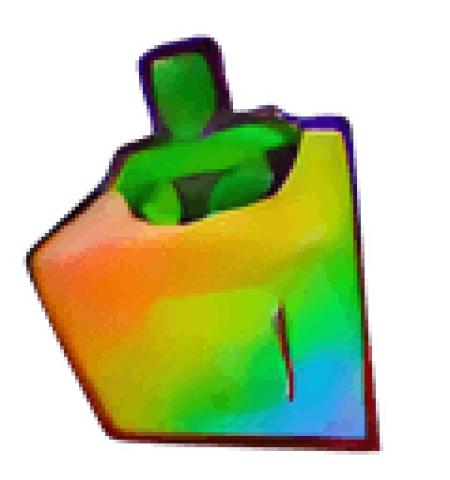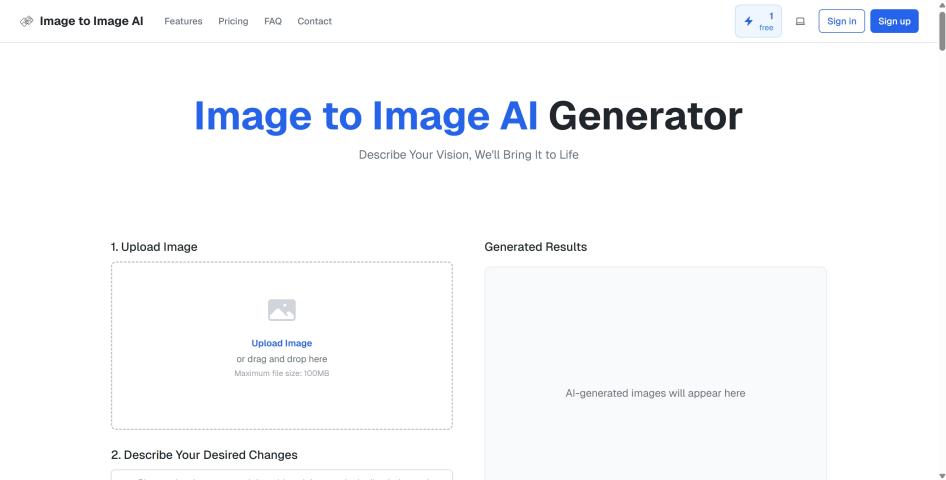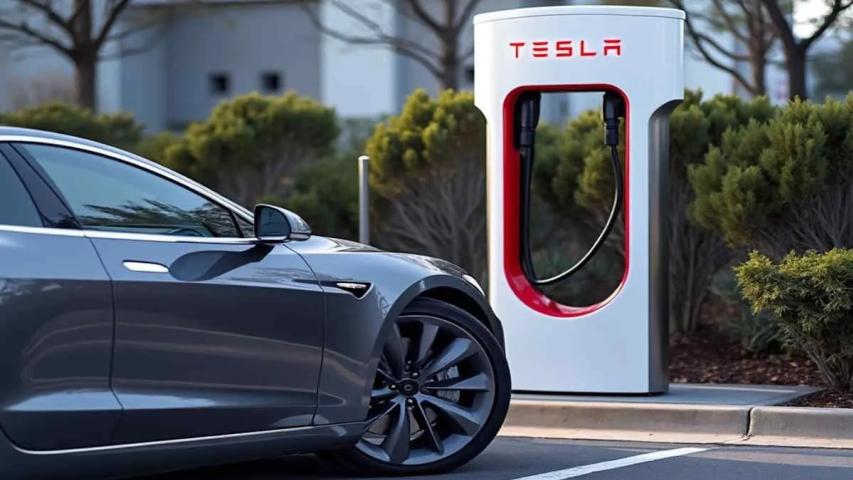As a leading EV charger manufacturer in China, LiCB Charge offers reliable AC and DC electric vehicle charging stations, along with comprehensive charging solutions.
The transition to electric vehicles (EVs) is gaining momentum, and an essential aspect of supporting this shift is the use of the J1772 charging standard. As the widely accepted charging connector in North America, J1772 ensures safe, efficient, and reliable charging for electric vehicles. This article explores how fast J1772 charges an EV, the different charging levels, and factors influencing charging speeds.
What is J1772?
J1772, developed by the Society of Automotive Engineers (SAE), is a standardized EV charging connector that supports Level 1 and Level 2 AC charging in North America. It provides a universal solution for various electric vehicles, ensuring compatibility across brands and models.
The J1772 connector consists of five key pins:
-
L1 & L2 (Phase 1 & 2): Supply power to the vehicle.
-
L1/N (Neutral): Used in single-phase applications.
-
Protective Earth (PE): Ensures safety by grounding the system.
-
Control Pilot (CP): Facilitates communication between the charger and the vehicle, ensuring safe charging.
With this universal standard, EV owners can conveniently charge their vehicles at home, workplaces, and public charging stations without worrying about compatibility.
J1772 Charging Speeds
J1772 connectors support two primary levels of AC charging: Level 1 and Level 2. While J1772 itself does not support DC fast charging, many electric vehicles that use J1772 for Level 1 and Level 2 charging can also support DC fast charging through additional ports like CCS (Combined Charging System).
Level 1 Charging
-
Voltage: 120V AC
-
Charging Speed: 3-5 miles of range per hour
-
Charging Time: 40-50+ hours for a full battery electric vehicle (BEV) charge, 5-6 hours for a plug-in hybrid electric vehicle (PHEV)
Level 1 charging is the most basic, using a standard household outlet. It’s convenient but slow, making it best suited for overnight charging of PHEVs or emergency use for BEVs.
Level 2 Charging
-
Voltage: 208V-240V AC
-
Charging Speed: 10-60 miles of range per hour
-
Charging Time: 4-10 hours for a BEV, 1-2 hours for a PHEV
Level 2 charging provides a much faster charging rate, making it ideal for daily use, either at home or at public charging stations.
DC Fast Charging (DCFC) and J1772
Although J1772 itself does not support DC fast charging, many EVs equipped with J1772 connectors also have CCS ports, which allow for fast DC charging.
-
Voltage: 400V-900V DC
-
Charging Speed: 3-20 miles of range per minute
-
Charging Time: 20 minutes to 1 hour for 80% charge
DC fast chargers are commonly found along highways for long-distance travel. However, most plug-in hybrid electric vehicles (PHEVs) do not support DC fast charging.
Factors That Affect J1772 Charging Speeds
Several factors can influence how fast a J1772 charger can replenish an EV's battery:
-
Charger Power Output: Level 2 chargers typically range from 3.3 kW to 19.2 kW. The higher the power, the faster the charging.
-
EV Battery Capacity: Larger batteries take longer to charge, while smaller ones in PHEVs charge more quickly.
-
Onboard Charger Limitations: The vehicle’s onboard charger limits the power it can accept. A car that can only handle 7.2 kW will not benefit from a 19.2 kW charger.
-
State of Charge (SoC): Charging slows down as the battery nears full capacity, particularly after 80%.
-
Temperature Conditions: Extreme temperatures can reduce charging efficiency and slow the process.
-
Electrical Infrastructure: Voltage fluctuations and circuit limitations can also impact charging speed.
Best Use Cases for J1772 Charging
Although J1772 may not provide the speed of DC fast charging, it remains a versatile and reliable option for many EV owners. Some of the best scenarios for J1772 include:
1. Home Charging
For EV owners, installing a Level 2 J1772 charger at home allows for overnight charging, ensuring a fully charged vehicle each morning. Since the average daily driving distance is under 40 miles, this setup is more than sufficient for most drivers.
2. Workplace Charging
Many businesses install Level 2 J1772 chargers to support employees with longer commutes or limited home charging options. This setup allows for charging during the workday and is especially helpful for those who drive longer distances.
3. Public Charging Stations
J1772-equipped Level 2 chargers are widely available in public locations like shopping centers, parking garages, and hotels, providing EV owners with convenient charging while they go about their activities.
4. Cost-Effective Charging
Installing a Level 2 J1772 charger at home is significantly more affordable than DC fast chargers, offering a practical balance between cost, convenience, and charging speed.
Installation Tips for J1772 Chargers
To ensure a safe and efficient installation of a J1772 charger, consider the following tips:
-
Choose the Right Location: Install the charger where it is easily accessible and close to where you park your EV. Consider weather protection if the installation is outdoors.
-
Check Electrical Capacity: Ensure your home’s electrical panel can support a Level 2 charger, which usually requires a 40-amp or higher circuit. You may need to upgrade your electrical service.
-
Hire a Professional Electrician: To comply with local codes and safety standards, a certified electrician should handle the installation.
-
Plan for Future Needs: If you plan to upgrade to a higher-powered EV later, consider installing a higher-capacity charger now.
-
Perform Regular Maintenance: Regularly inspect the charger, keep the cable clean, and store it properly to avoid damage.
Conclusion
The J1772 charging standard plays a key role in the expansion of electric vehicle infrastructure, offering reliable Level 1 and Level 2 charging options for most EVs. While it may not support the ultra-fast speeds of DC fast chargers, its cost-effectiveness, convenience, and compatibility make it a preferred solution for home, workplace, and public charging stations.
For most EV owners, a Level 2 J1772 charger offers the best balance of speed, affordability, and ease of use. By understanding the charging speeds, factors affecting performance, and best use cases for J1772, EV owners can optimize their charging setup and ensure their vehicles are ready for daily use.Know more about Google SEO Directory











